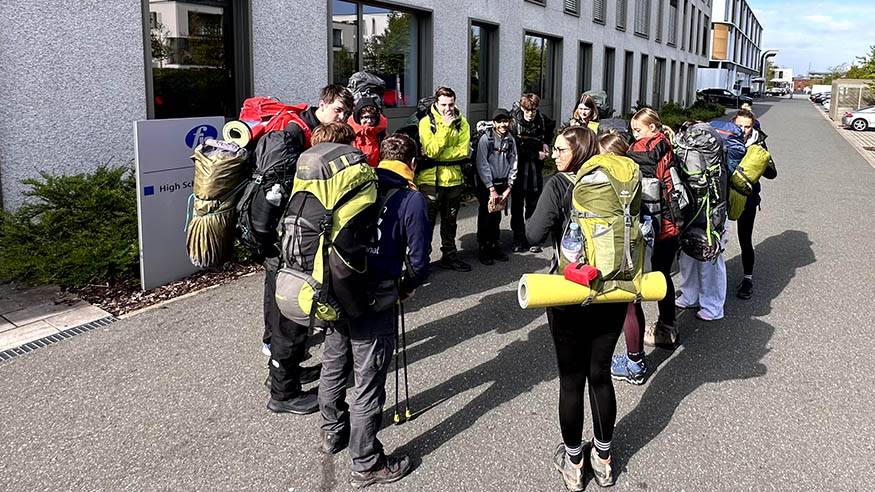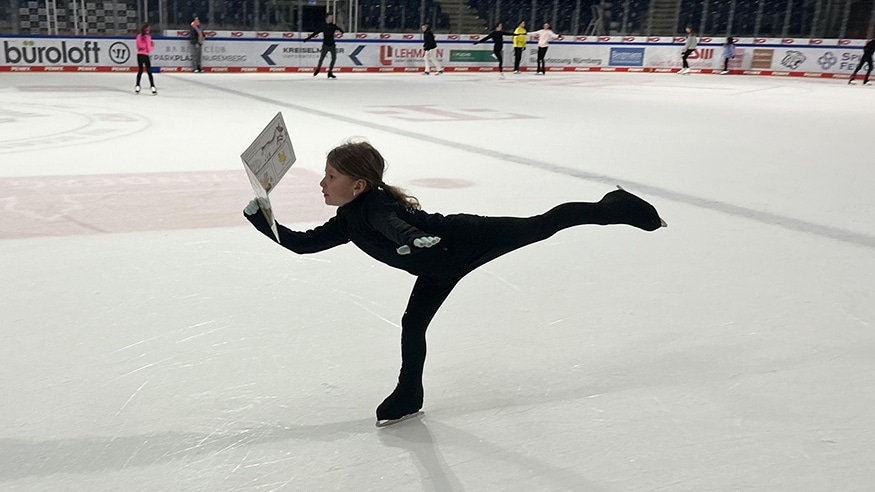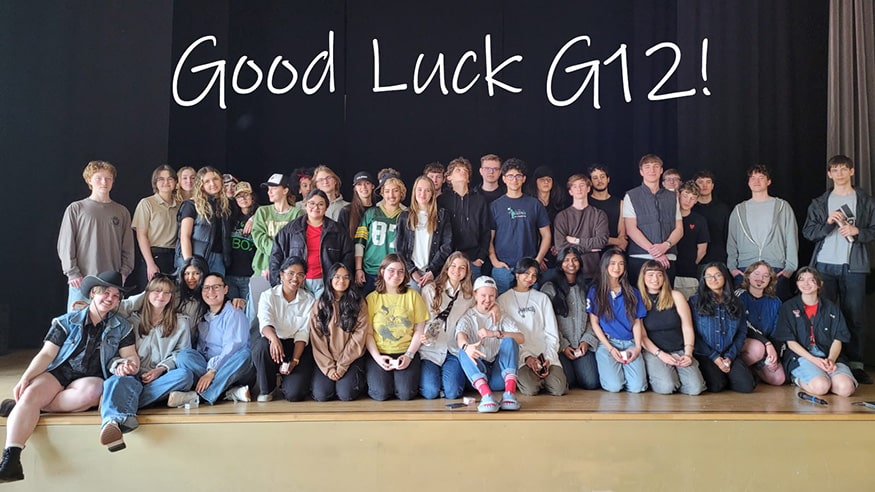This week, the FIS MUN team could finally meet in person after almost a year and a half of operating remotely. Graeme Aissen (Grade 11), the group’s president, led the meeting and is optimistic about the next few months, as the team comes together and charts a course of action.
How MUN Works
Model United Nations (MUN) Conference is a simulated session of the United Nations in which the participants adopt the role of delegates to the UN. Then, in simulated UN bodies, the delegates formally debate international issues, reach compromise solutions and then pass resolutions.
“The team consists of a president, vice president, and two secretaries,” Graeme explains the structure. “Mostly we debate on political topics to gain an understanding of current events, but we also occasionally have fun, lighter topics to support an open forum and improve our debating skills.”
Additionally, members learn how to write different types of documents, from position papers to resolution proposals.
Matt Chambers, Assistant Head of Secondary MYP, who facilitates MUN at the FIS, says that this act of balancing the topics is key. The idea is to engage and get the members motivated to practice their communication skills. The inspiration for topic selection comes from resources offered by other MUN schools. Besides, the UN also provides a suggested topics list.
Why MUN?
Elaborating on how MUN helps student development, Graeme says that public speaking is the most important skill they can glean. “Being a member of MUN demonstrates your experience and willingness to work within diverse viewpoints. It is a significantly transformative learning exercise.”
Annika Strauss (Grade 12), outgoing president, adds that MUN helped her put together a strong university application. She has also developed softer skills like body language, making eye contact, and active listening, which she can exhibit during the interview process.
In fostering the transfer of knowledge from one subject to a general understanding of global political turmoil, the students can develop an overarching perspective while honing their eye for detail.
Mr Chambers draws a parallel to the IB Learner Profile and Approaches to Learning. “Skills like self-management, critical thinking, research, and communication are naturally integrated into the MUN,” he says. Reflecting on how the program aligns with the IB model, Mr. Chambers points out, “If you think about the origins of the IB, it grew up around schools intrinsically linked to the UN. So MUN is a huge part of the IB philosophy and vice versa.”
What’s Next for MUN?
Now that the team can meet in person, Graeme and Mr. Chambers plan to ensure a spot at a conference, at the latest in the next school year. The ability to collaborate with students from other schools, visit new cities/countries, and exchange diverse ideas, is a reward for all the hard work and planning. In the last few years, the FIS has participated in MUN conferences in Paris, Hamburg, and in local chapters.
“This is a global network of schools and leadership programs. The opportunity involves not just seeing new places but also being part of a formulated process that’s well respected and globally recognized,” Mr. Chambers suggests. The students can attend these conferences as flag bearers for the FIS and the larger community.
Presently, the team has 11 members and is recruiting more. Any students from Grade 8 through 12 can join. Should you be interested or would like to know more, you can get in touch with and.





